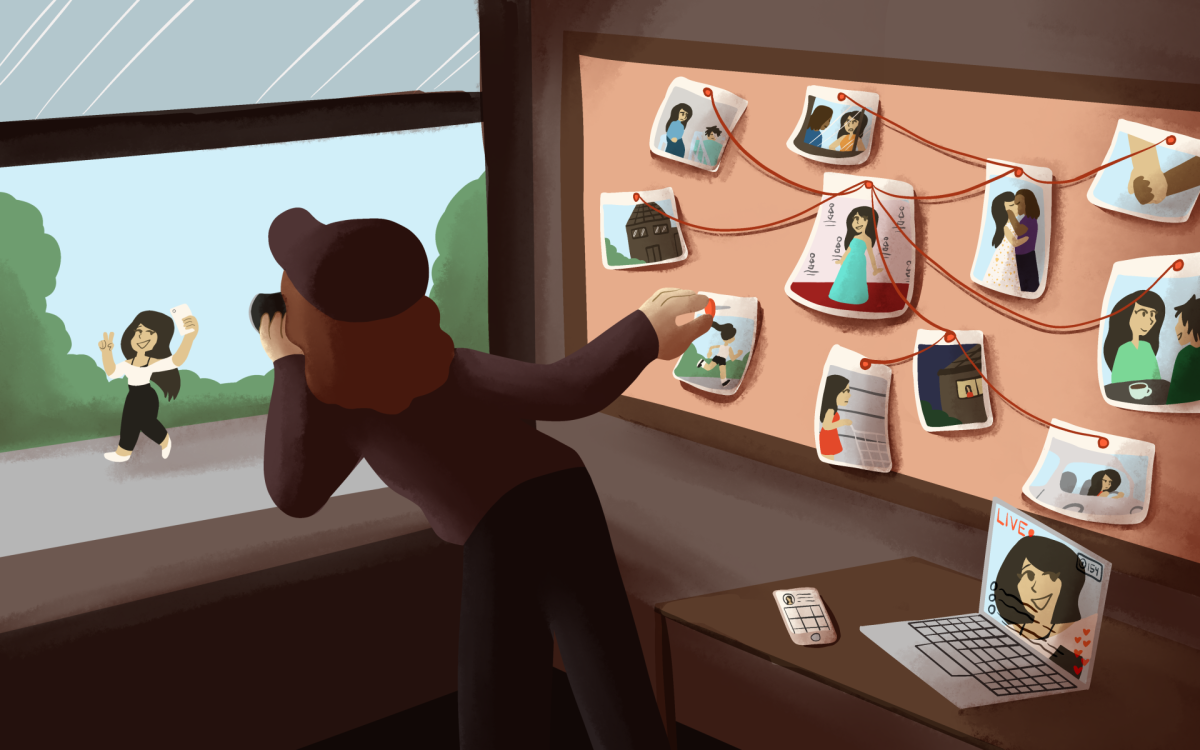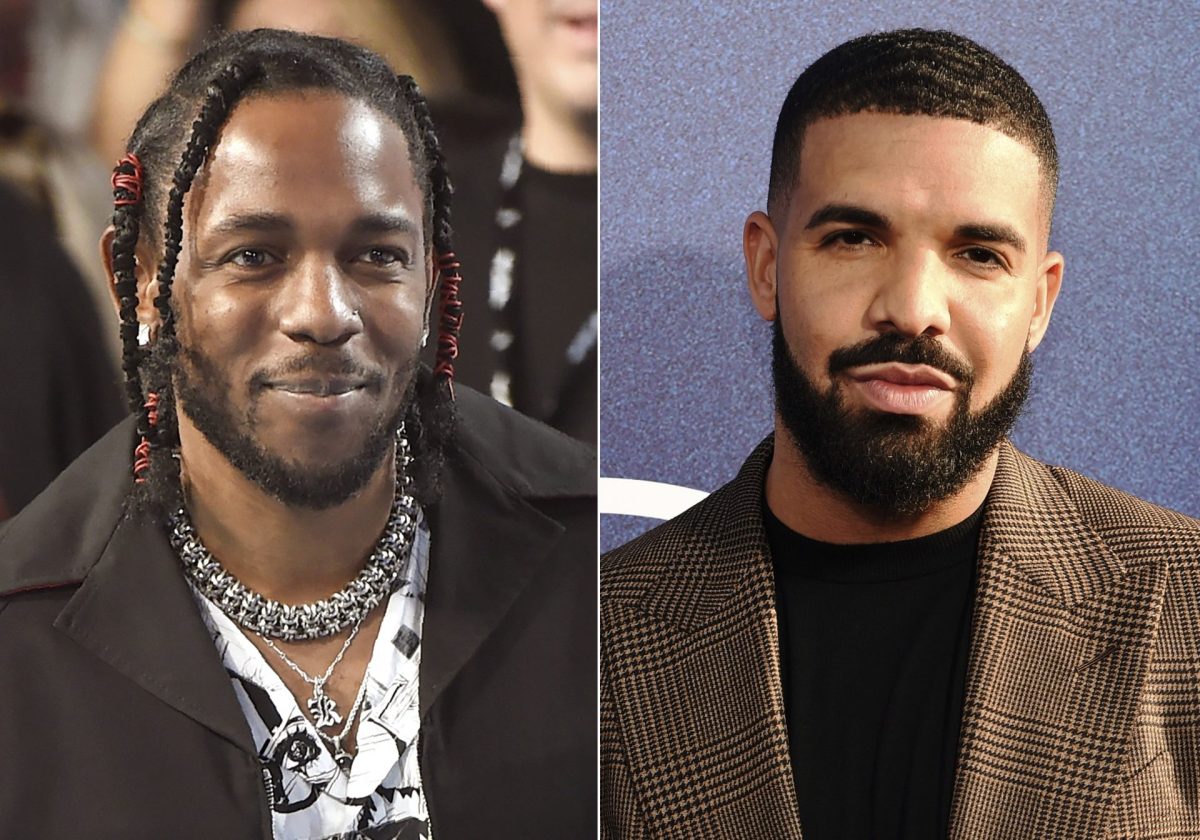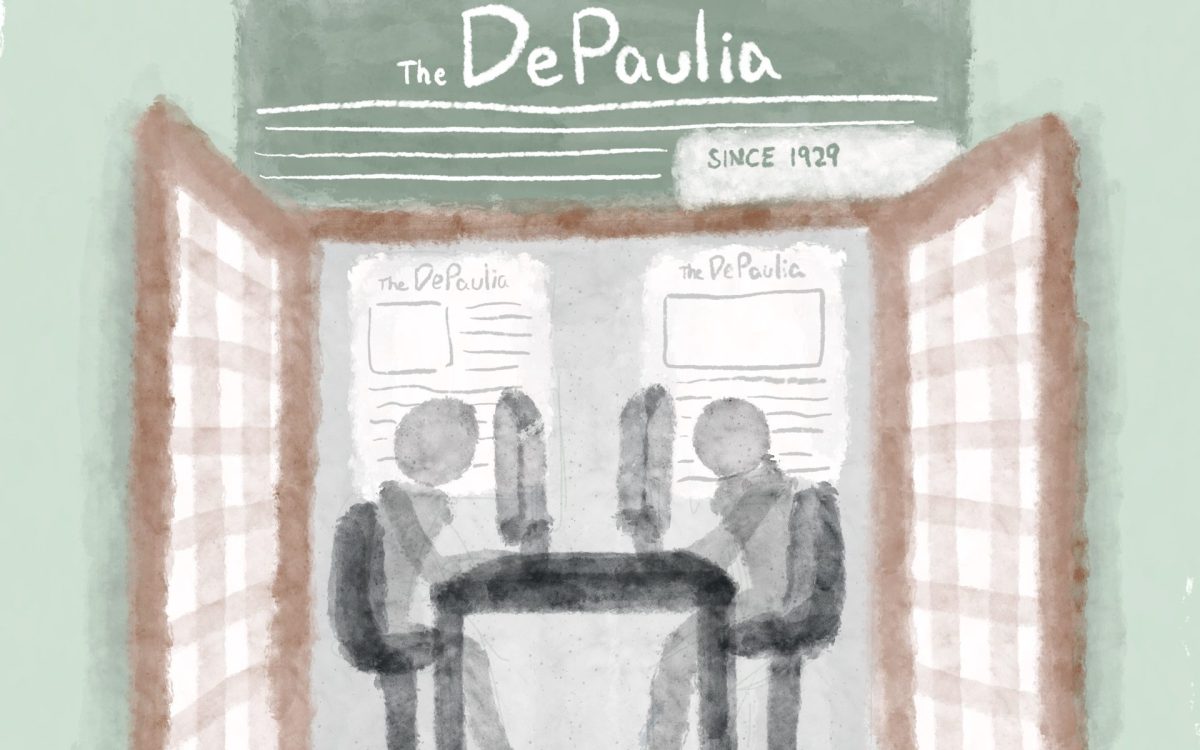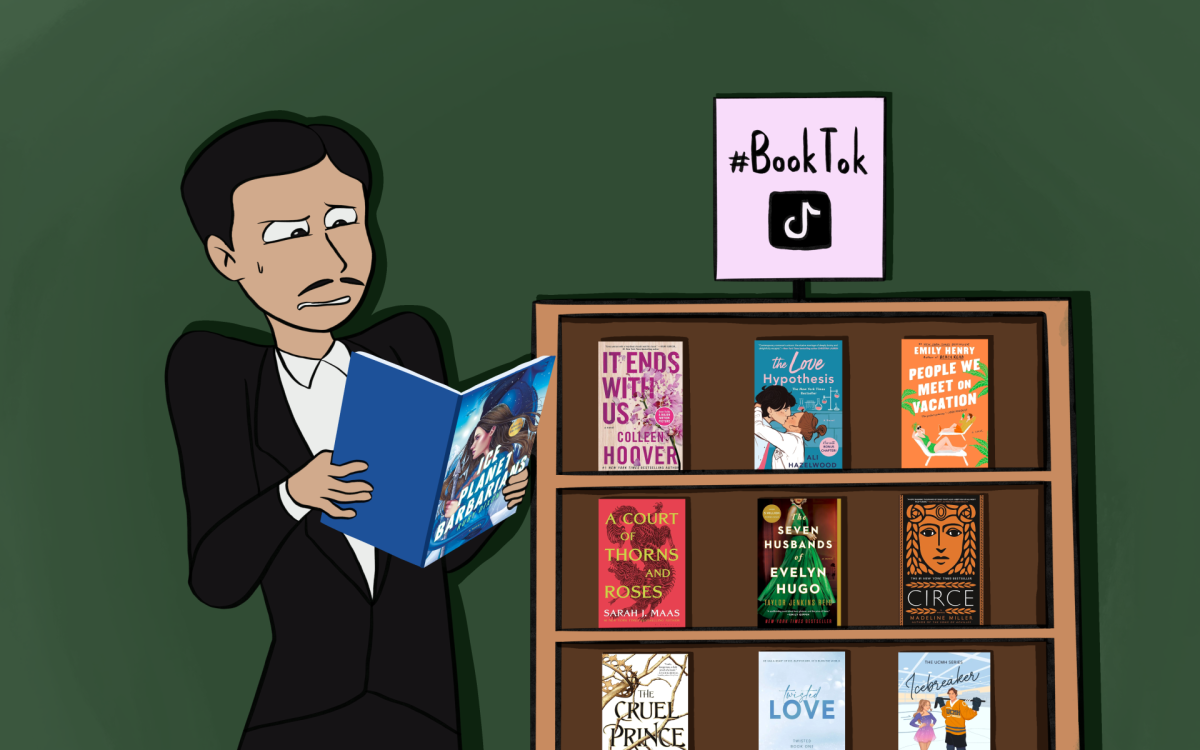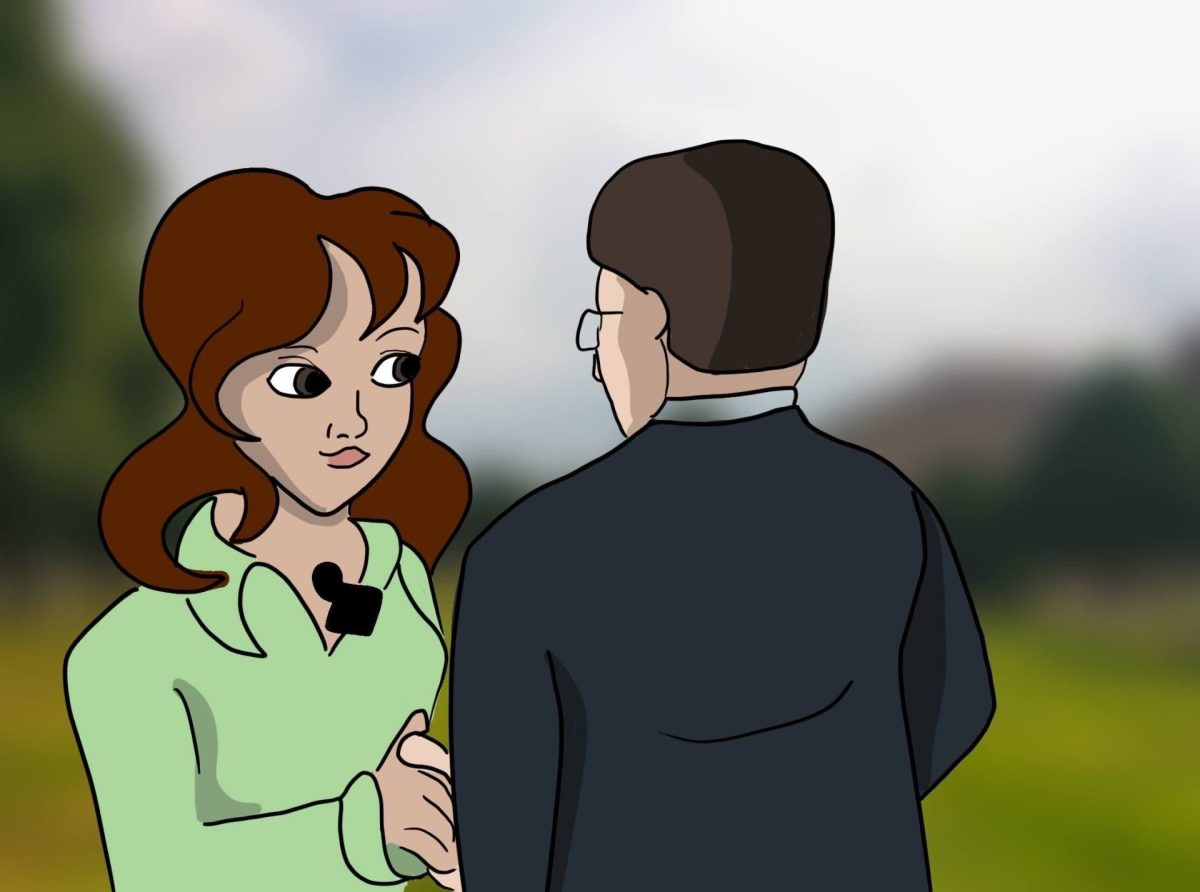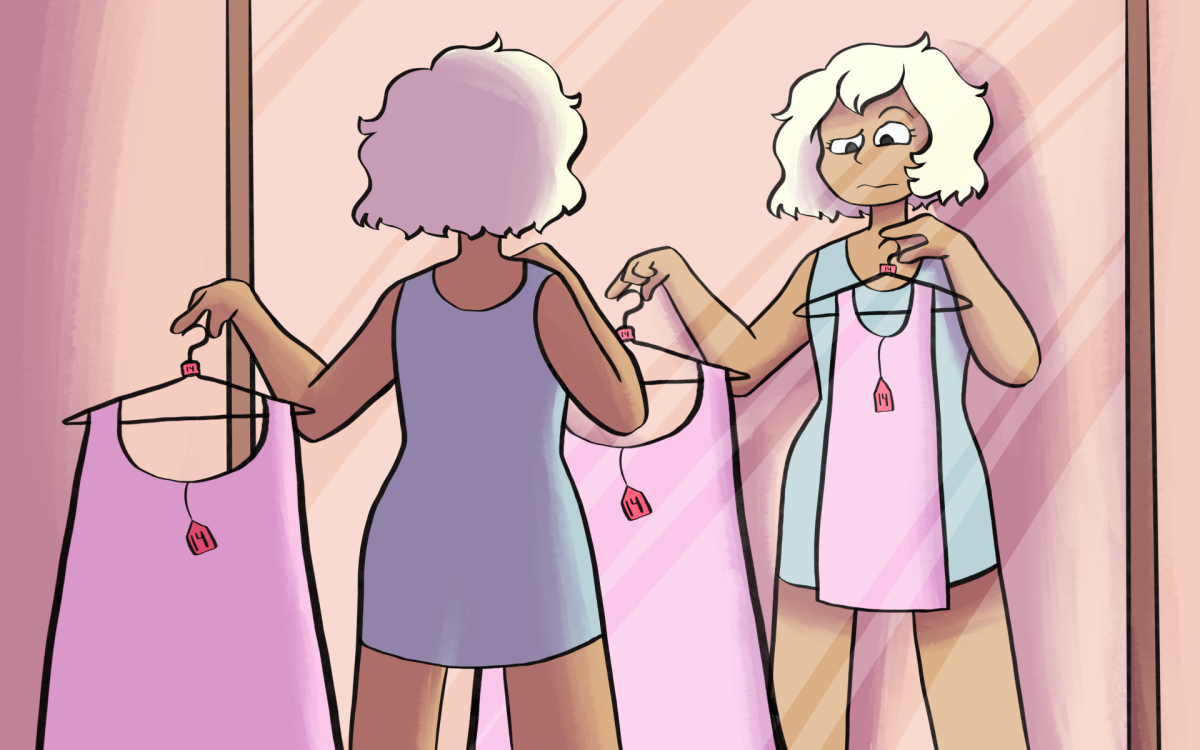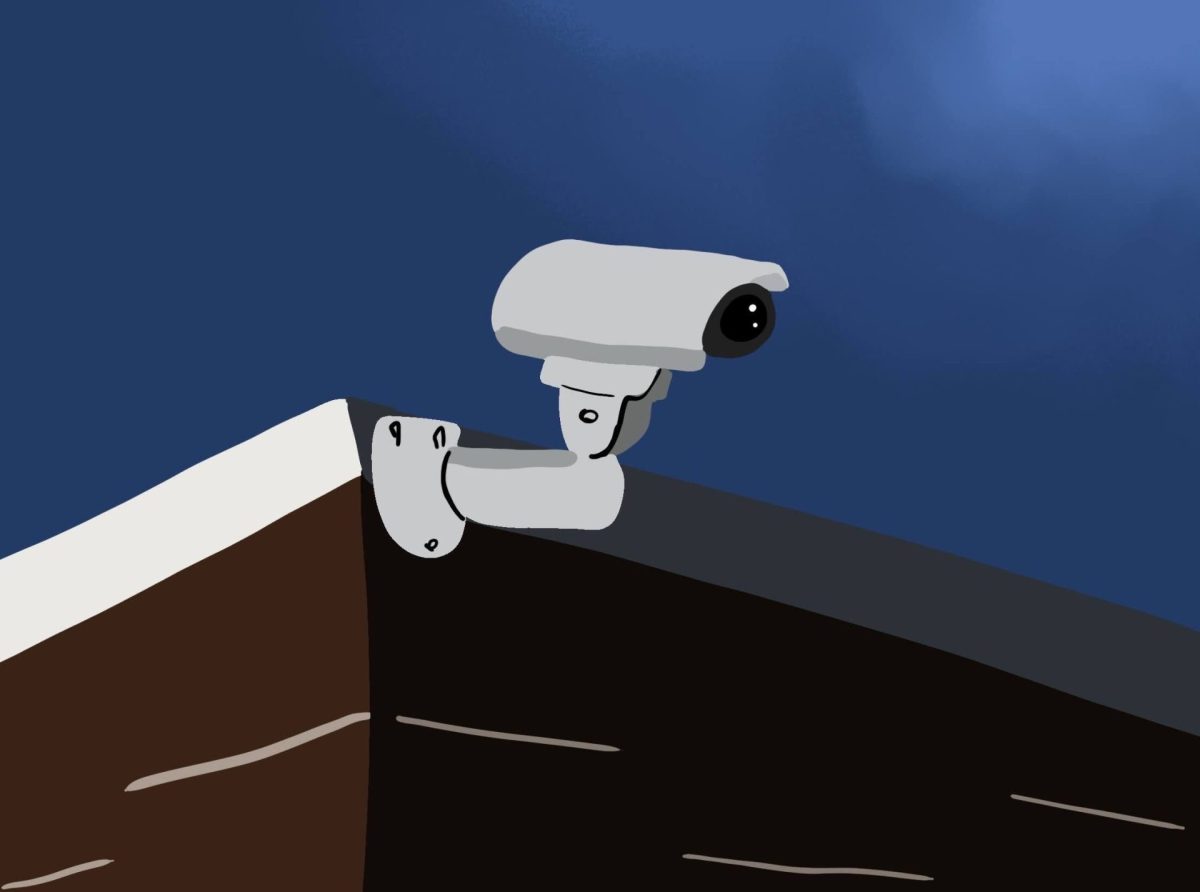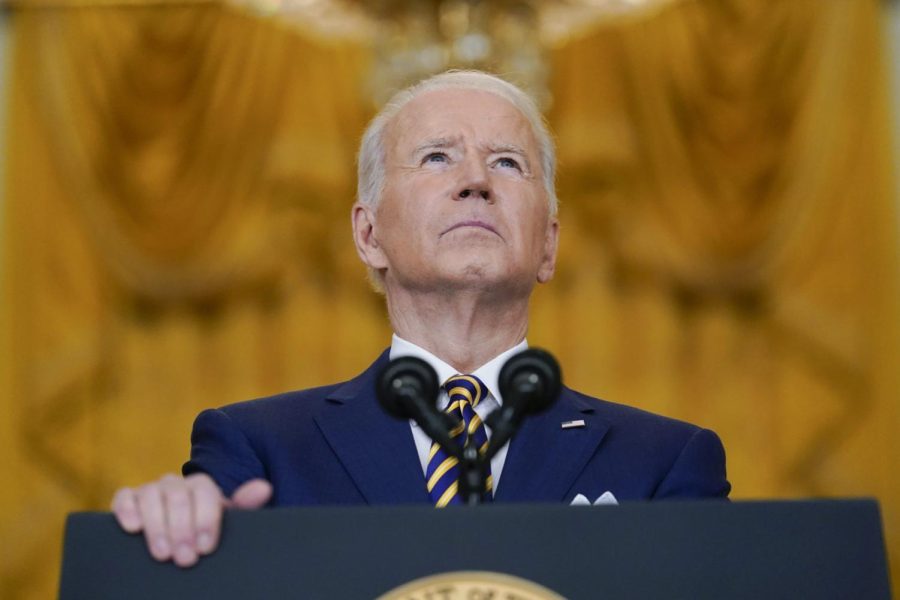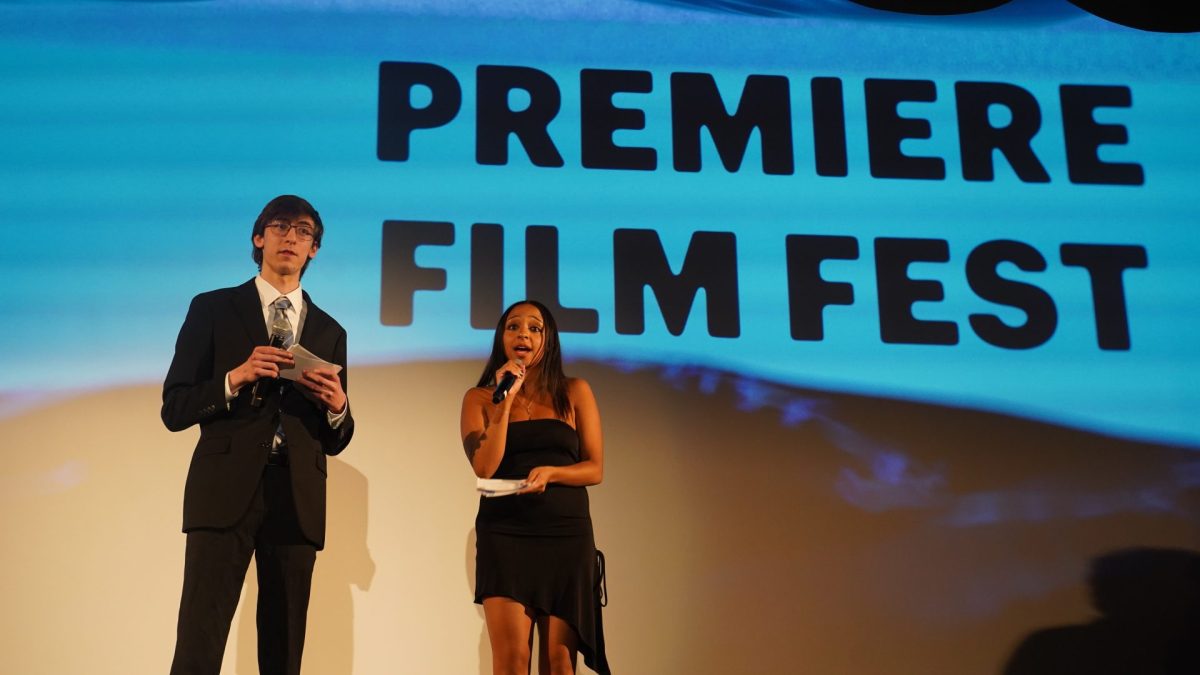My friend doesn’t like Austin Butler. As an actor, she likes him fine, but as a person she’s a touch more critical; a few years ago, he and his longtime girlfriend, Vanessa Hudgens, broke up. Months after they had split, the two were at the same event and crossed paths on the red carpet. My friend extrapolated that their relationship had clearly ended poorly because Austin waved at Vanessa during the event – and she did not reciprocate. Butler had clearly breached the boundaries of post-breakup rules, my friend inferred. She told me that space is necessary after a long breakup in order to separate any intense feelings, and by waving, Butler had broken a layer of trust between the two.
This argument made very little sense to me, but then I went on TikTok and found that this rhetoric was actually very common. See the accusation that Rachel Zegler hates love based on her claim that the original “Snow White and The Seven Dwarves” may have been slightly misogynistic. See the videos analyzing Amber Heard’s court appearances, inferring based purely on body language that she was lying the entire time. See the recent obsession over Kate Middleton’s status, with some videos going so far as to claim that she had been replaced by a clone or killed by the Royal Family. (It turns out she had cancer. Whoops!) These videos have millions of likes and hundreds of millions of views.
The obsession with celebrities’ every move feels dangerous. The instinct to make sweeping moral judgments over the smallest actions of people constantly filmed seems unfair and unhealthy. The constant analysis of a few important people feels like a shift in favor of a sensationalized narrative about members of high society rather than investing in the real people in front of us.
The root of celebrity obsession is nothing new, of course, according to Roberta Garner, professor emerita of sociology at DePaul.
“The ‘celebrity’ has been around for a long time, about 200 years or so, kind of beginning after the French and American Revolutions,” Garner said. “As more people in Western Europe and North America became literate, they moved out of their little peasant worlds. They started to read newspapers. A lot of celebrity in the early years was carried by newspapers and traditional media reporting.”
The idea of the celebrity only grew over the next few centuries, as widespread reporting through newsreels and TV news brought information even to the illiterate. Social media bolstered that to a further degree.
“It’s the same thing, but amplified by the ubiquity of the internet,” Garner said. “Back in the day, 30,000 people attended the funeral of Sarah Bernhardt. Now it’s less visible in the physical space, but millions of people watch streamers every day.”
With the internet granting everyone a voice on social media, a new form of celebrity culture has arisen: the fan account. Unlike fan clubs for boy bands in the 1950s and 60s, fan accounts have become the modern, individual way to recognize and honor a celebrity in one’s daily life.
When I put out a request to interview people who had owned a fan account of some kind, to my surprise, there were a lot of responses. There seemed to be a few common trends among the people interviewed.
Most of these were middle school projects: bored tweenagers becoming obsessed with a certain celebrity because they enjoyed their music or films or art or what have you.
“I started the account in the seventh grade,” said Rijalda Husic, a student at the University of Iowa. “I was immersed in so much fandom at the time that it felt natural to start my own.”
Most of these accounts were created out of a desire to belong.
“I made my account because everyone else had a little fan account,” said Husic. “It was fun to log on one day and see, ‘oh, Lana Del Rey was spotted outside of a restaurant smoking a cigarette in a Budweiser shirt.’ It was silly, but it pushed me closer to people because of our shared interest in her.”
Jessica Dortch, a film student at DePaul, had the same motives when starting a fan account for Dan and Phil, a variety channel on YouTube. “I was in middle school and my family moved around a lot during that time, so I felt disconnected from a lot of my classmates.” Dortch said. “It was nice for me at that time to watch two friends have a lot of fun seemingly doing whatever.”
Some previous owners feel no obligation to return to the account.
“I don’t have the time to run a fan account. I have a lot more things to care about now than I did when I was 13,” said Paula Arevalo, a psychology student at DePaul.
Husic was more enthusiastic about the idea. “I would one-hundred percent restart a fan account. I love Lana Del Rey, she was an essential part of my development years, and her art means so much to me as a person.”
It’s clear that what draws people to celebrities isn’t just personality but an aesthetic narrative. People who rise through the ranks of popular culture do so by constructing a thematic through line through their music or fashion or art. If a person becomes too engrossed in a celebrity’s life, it can lead to a distortion of their perception of reality.
Rita Horváth, a psychologist and PhD student at the University of Gibraltar, warns that this kind of fan culture can lead to isolation.
“Some individuals become excessively immersed in the lives of their favorite celebrities to the extent that they neglect aspects of their own lives, such as work or school commitments,” Horváth said. “This phenomenon has been associated with lower levels of mental well-being.”
As social media becomes ingrained in the lives of younger people, it is essential that we teach people the difference between the world around them and the world in their phone: one is authentic, one is heavily constructed.
“In response to concerns regarding society’s relationship with celebrities, proactive actions are essential to foster a balanced engagement with celebrity culture,” Horváth said. “This entails promoting media literacy and critical thinking skills to enable individuals to discern between reality and constructed narratives.”


